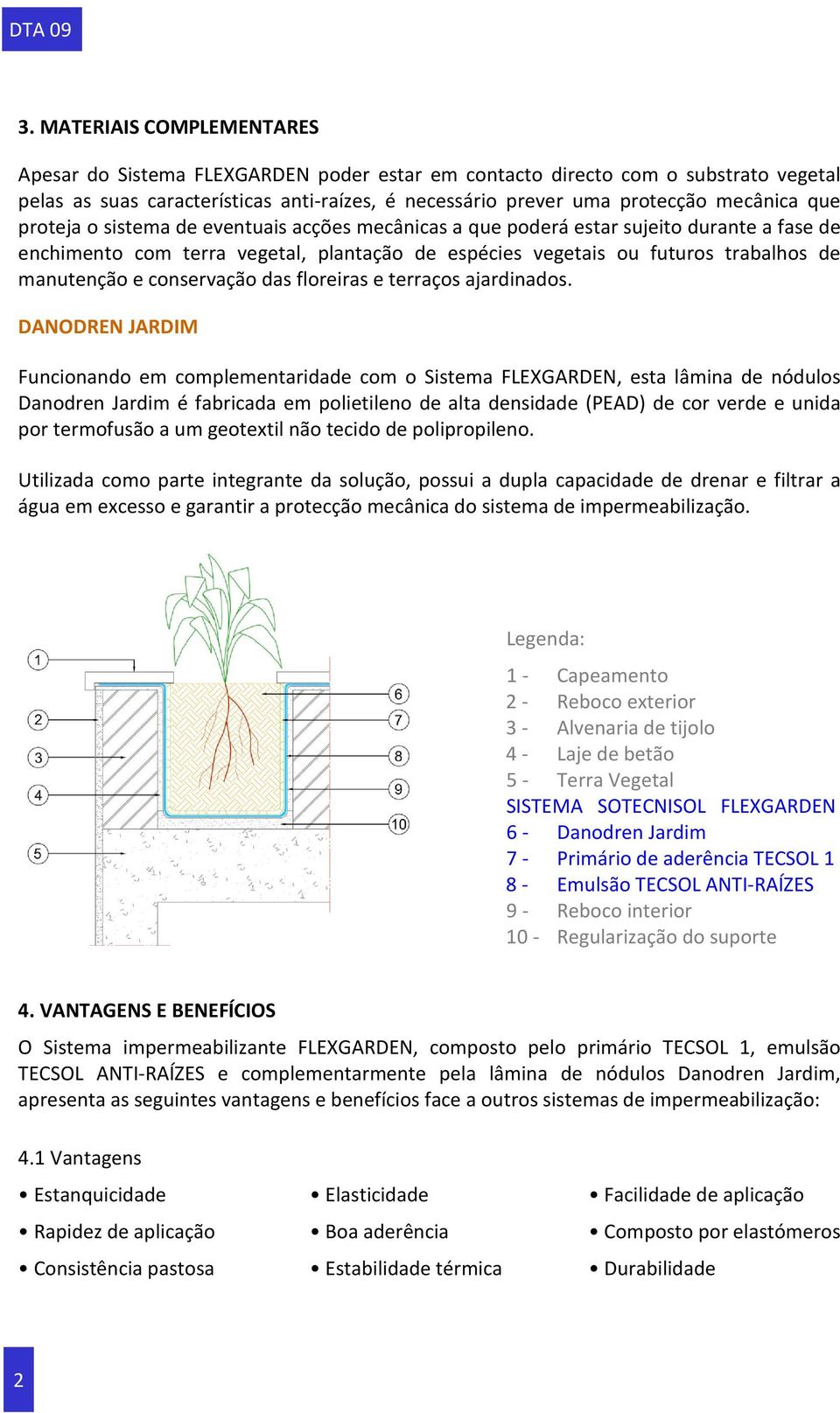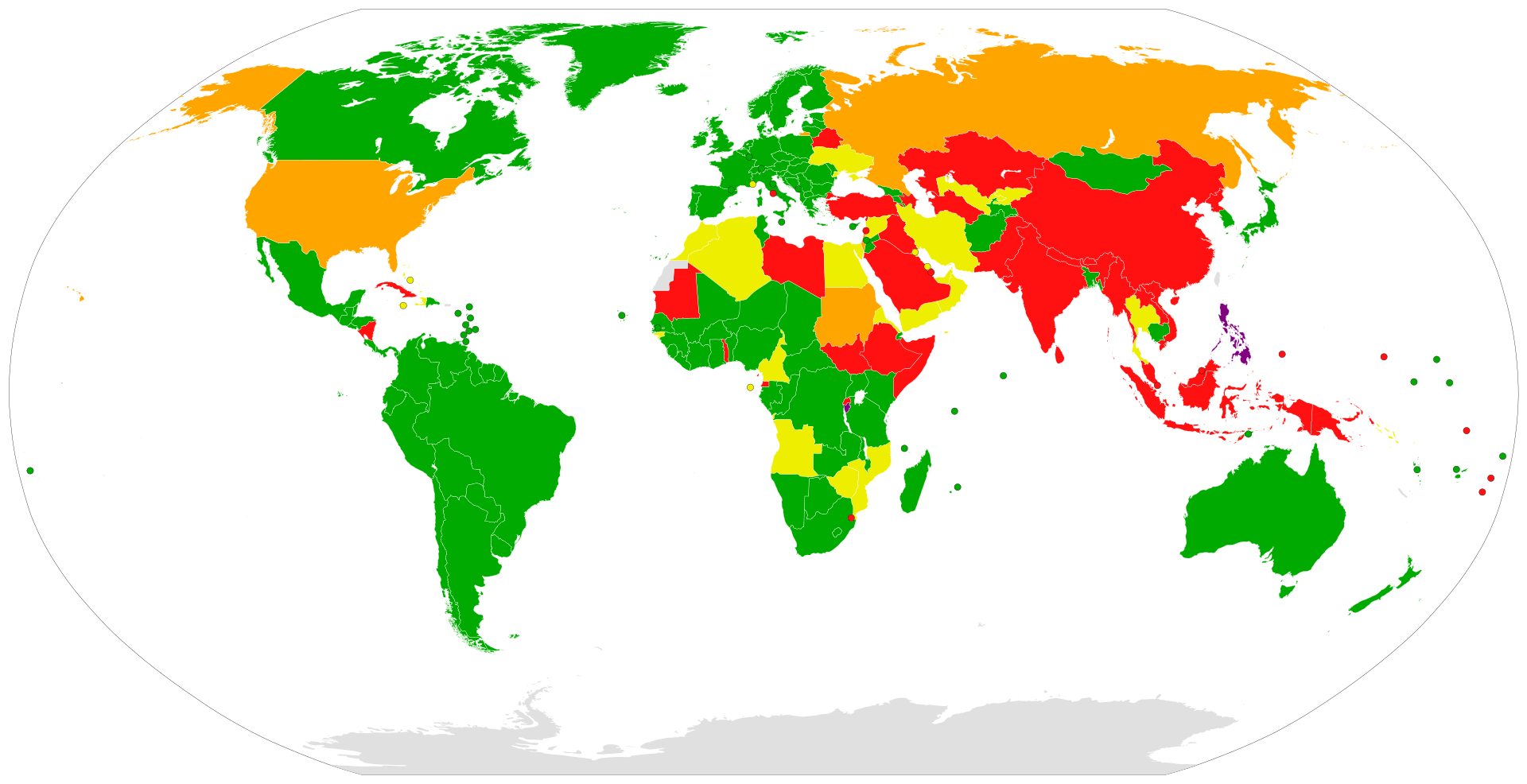-
Gallery of Images:

-
The International Criminal Court is the only permanent international judicial body to try individuals for genocide, crimes against humanity and war crimes. The Court is completely independent having been established by international treaty, the Rome Statute. International Criminal Court treaty anniversary. Over 120 countries have joined the ICC Rome Statute. 70 have adopted laws to prosecute war criminals at home. The ICC must evolve into the global court the world demands. We work for a fair, effective and independent ICC, with. 4 \ Model Law to Implement the Rome Statute of the International Criminal Court (a) To implement obligations assumed by (name of country) under the Statute; (b) To make [further provision in (name of country)s law for the prevention and This publication revisits the whole of international criminal law. This commentary on the court appraises the contribution made to international criminal law by post WW2 national criminal courts and by ad hoc international criminal tribunals. Amendments to the Rome Statute of the International Criminal Court must be proposed, adopted, and ratified in accordance with articles 121 and 122 of the Statute. Any state party to the Statute can propose an amendment. The proposed amendment can be adopted by a twothirds majority vote in either a meeting of the Assembly of States Parties or a review conference called by the Assembly. Accession of Tunisia to the Rome Statute of the International Criminal Court: Statement by H. Ambassador Christian Wenaweser President of the Assembly of States Parties to the Rome Statute of the International Criminal Court The Statute was adopted on 17 July 1998 by the United Nations Diplomatic Conference of Plenipotentiaries on the Establishment of an International Criminal Court. This version of the Statute incorporates changes made to it by the procsverbaux of 10 November 1998, 12 July 1999, 30 November 1999, 8 May 2000, 17 January 2001 and 16 January 2002. On 31 May 2010, the Review Conference of the Rome Statute of the International Criminal Court (ICC) opened in Kampala, Uganda. The firstever Review Conference on the Rome Statute of the International Criminal Court (ICC) took place in Kampala, Uganda from 31 May to 11 June 2010. The statute gives the Court jurisdiction over an exhaustive list of war crimes, with separate lists for international and noninternational conflicts. The international list contains 34 crimes. The Commentary on the Law of the International Criminal Court (CLICC, often referred to as the 'Klamberg Commentary') provides a provisionbyprovision analysis of the Rome Statute and the Rules of Procedure and Evidence of the International Criminal Court. It will gradually become available online through this CMN site. International Criminal Court and the Rome Statute: 2010 Review Conference Congressional Research Service 1 Background U. Policy Toward the ICC1 The International Criminal Court (ICC or Court) is a permanent international court that The International Criminal Court has been operational since mid2003, following the entry into force of the Rome Statute of the International Criminal Court on July 1, 2002. The Rome Statute is among the most complex international treaties, a combination of public international law, international humanitarian law and criminal law, both international and domestic. An Act to give effect to the Statute of the International Criminal Court; to provide for offences under the law of England and Wales and Northern Ireland corresponding to offences within the jurisdiction of that Court; and for connected purposes. What the Rome Statute says about withdrawing from the Int'l Criminal Court. Any investigation or criminal proceedings that started before the withdrawal takes effect will still continue, Article. Although the United States is not at present a party to the Rome Statute of the International Criminal Court, and will always protect U. personnel, we are engaging with State Parties to the Rome Statute on issues of concern and are supporting the I. s prosecution of those cases that advance U. interests and values, consistent with the. has been a party to the Rome Statute of the International Criminal Court (ICC). This is a reasonable period of time South Africas International Criminal Court Act Countering genocide, war crimes and crimes against humanity Statute of the International Criminal Court, or in 1 ROME STATUTE OF THE INTERNATIONAL CRIMINAL COURT PREAMBLE The States Parties to this Statute, Conscious that all peoples are united by common bonds, their cultures pieced together in a shared heritage, and concerned that Volume 2187, [ENGLISH TEXT TEXTE ANGLAIS ROME STATUTE OF THE INTERNATIONAL CRIMINAL COURT U United Nations [ The text reproduced herein incorporates the corrections effected byprocsverbaux of 10 November 1998. This feature is not available right now. The United Nations has been considering the establishment of a permanent international criminal court since its creation. After years of negotiations, a Diplomatic Conference was held from 15 June to 17 July 1998 in Rome which finalised and adopted the Statute for the International Criminal Court (ICC). implementation of the rome statute of the international criminal court regulations (gn R1089 in GG of 16 August 2002) ( with effect from 16 August 2002) ACT international criminal law treaty, the Rome Statute of the International Crimi nal Court (ICC). 1 Will the denition help or hinder the ICC in its work? On 1st July 2008, the Rome Statute of the International Criminal Court entered into force enabling the ICC, as laid down in the Preamble to the Statute, to affirm that the most serious crimes of concern to the international community as a whole must not go unpunished and that their effective. Diirmann, War Crimes under the Rome Statute of the ICC 343 In accordance with the Rome Statute the newly created International Criminal Court (ICC) will have jurisdiction over the crime of aggres The International Criminal Court A Commentary on the Rome Statute. Schabas Oxford Commentaries on International Law. Comprehensively analyses the Rome Statute through a systematic examination of each of the 128 articles Adopted on 17 July 1998, the Statute of Rome is the founding treaty of the International Criminal Court, which was set up to deal with the most serious crimes of international concern, namely genocide, crimes against humanity and war crimes. The Rome Statute of the International Criminal Court is a milestone in the international community's fight to end impunity for war crimes, genocide and crimes against humanity. Judge Marc Perrin de Brichambaut, Judge Bertram Schmitt, Presiding Judge, and Judge Raul Cano Pangalangan of the Trial Chamber VII of the International Criminal Court. President of the Assembly of State Parties to the Rome Statute of the International Criminal court, Christian Wenaweser, speaks to journalists in Nairobi, Kenya, Jan. The Rome Statute, which calls for the establishment of a permanent international criminal court, was signed by 120 nations at a conference in Rome in July 1998. Mark Ellis, director of the International Bar Association, said: Russias decision to withdraw its signature from the Rome Statute will have little or no impact on the court. Rome Statute of the International Criminal Court This Table of Contents is not part of the text of the Rome Statute adopted by the United Nations Diplomatic Conference of Plenipotentiaries on the Establishment of an International Criminal Court on 12 July 1998. An International Criminal Court (the Court) is hereby established. It shall be a permanent institution and shall have the power to exercise its jurisdiction over persons for the most serious crimes of international concern, as referred to in this Statute, and shall be complementary to national criminal jurisdictions. 123 countries are States Parties to the Rome Statute of the International Criminal Court. Out of them 33 are African States, 19 are AsiaPacific States, 18 are from Eastern Europe, 28 are from Latin American and Caribbean States, and 25 are from Western European and other States. Rome Statute of the International Criminal Court 7 Rome Statute of the International Criminal Court PREAMBLE The States Parties to this Statute, Conscious that all peoples are united by common bonds, their cultures pieced together International Criminal Court (ICC), permanent judicial body established by the Rome Statute of the International Criminal Court (1998) to prosecute and adjudicate individuals accused of genocide, war crimes, and crimes against humanity. On July 1, 2002, after the requisite number of countries (60) ratified the agreement, the court began sittings. International Committee of the Red Cross War crimes under the Rome Statute of the International Criminal Court and their source in international humanitarian law Table. Legal factsheet; 31 October 2012. Table seeking to provide the war crimes over which the International Criminal Court (ICC) has jurisdiction, together with the. The Statute for the International Criminal Court is the most important international legal document since the UN Charter International Criminal law is the fastestgrowing speciality in international law Cassese is a former Chief Judge at the Yugoslavia War Crimes Tribunal Most of the contributors. Following 60 ratifications, the Rome Statute entered into force on 1 July 2002 and the International Criminal Court was formally established. The first bench of 18 judges was elected by the Assembly of States Parties in February 2003. Rome Statute of the International Criminal Court (Articles 1 to 33), approved July 17, 1998 Prevent Genocide International The International Criminal Court (ICC) is a court of last resort that was created to investigate and prosecute individuals accused of genocide, war crimes, and crimes against humanity. The ICC was established by the Rome Statute of the International Criminal Court in 1998, and it began sittings on. The International Criminal Court in The Hague has been part of the global justice system since 2002, but its concentration on African issues has led to accusations of bias. The Court's management oversight and legislative body and is composed of representatives of the States which have ratified or acceded to the Rome Statute. Trust Fund for Victims The Fund's mission is to support and implement programmes that address harms resulting from genocide, crimes of. About Rome Statute of the International Criminal Court. In the third edition of their much acclaimed commentary, Otto Triffterer, Kai Ambos and a number of eminent legal practitioners and scholars in the field of international criminal law give a detailed articlebyarticle analysis of the Statute, as well as the 'Elements of Crime' and the 'Rules of Procedure and Evidence' adopted by the. In light of the establishment of the Permanent Secretariat of the Assembly of States Parties to the Rome Statute (by resolution ICCASP2Res. 3, adopted at the second session of the Assembly on 12 September 2003), the United Nations Secretariat ceased to serve as the Secretariat of the Assembly on 31 December 2003. On 1st July 2008, the Rome Statute of the International Criminal Court entered into force enabling the ICC, as laid down in the Preamble to the Statute, to affirm that the most serious crimes of concern to the international community as a whole must not go unpunished and that their effective prosecution must be ensured by taking measures at.
-
Related Images:











